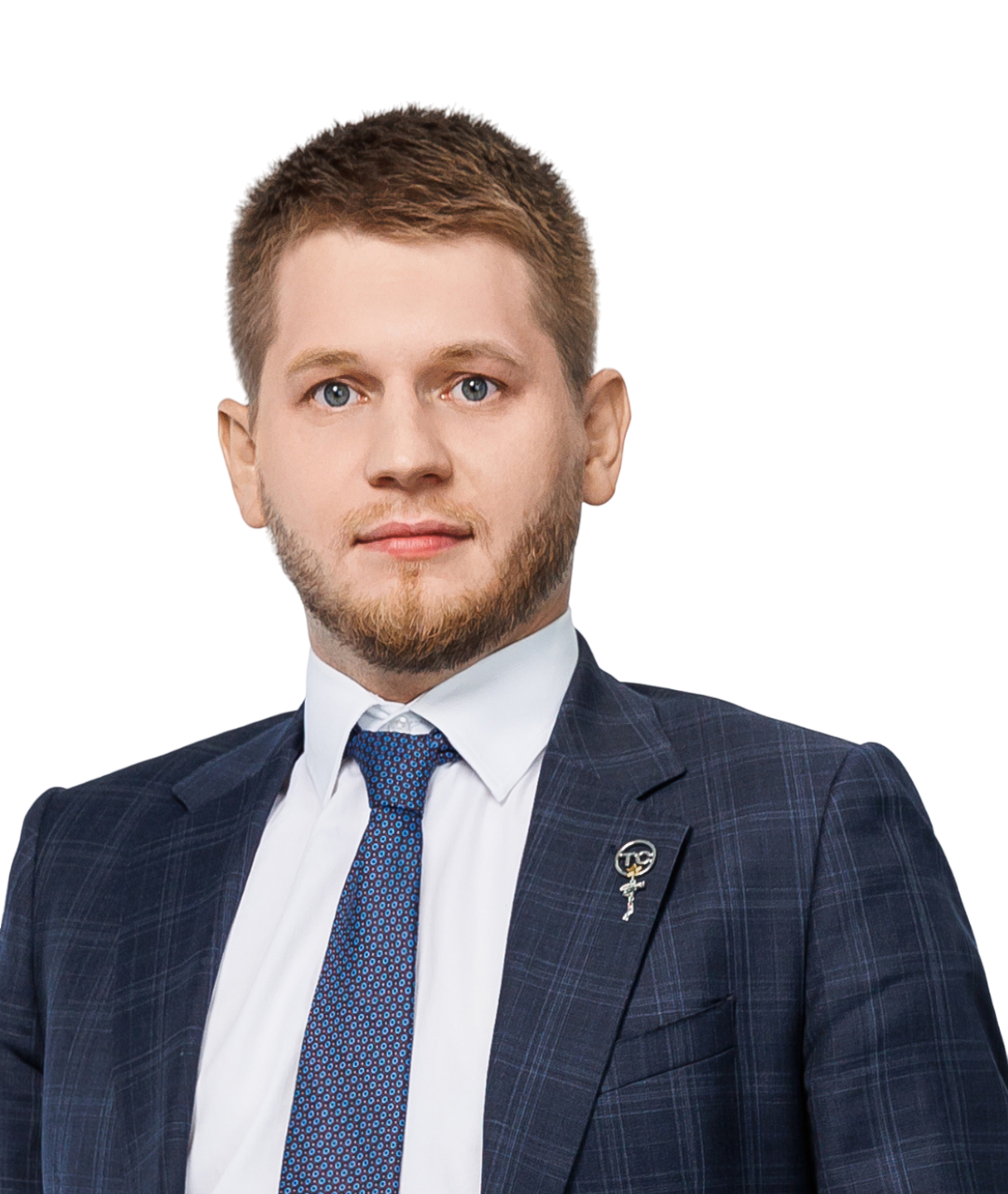According to the Bank of Russia, at the end of 2023 there was an increased interest in closed-end mutual funds. This instrument has its advantages, but there are also features that businessmen should pay attention to. Alexey Stanchin, Head of Tax Practice at TC, analyzed the tax specifics of closed unit investment funds in the Finam.ru article.
At first glance, a closed-end mutual fund seems to be a very attractive structure that will help to increase income and minimize tax payments. However, in practice not everything is so simple.
For large investors, a closed-end mutual fund can actually offer several advantages: 1) you can «hide» your assets because they involve complete confidentiality; 2) increased returns for certain types of investments (for example, investments in real estate construction at the earliest stages); 3) assets are under qualified management represented by a management company.
The view that a closed-end mutual fund offers a wide range of tax advantages has also been reinforced. However, in practice, not everything is so simple.
Firstly, transferring assets to a closed-end mutual fund is an expensive procedure that requires high costs at the initial stages. Such costs may include, for example, the cost of maintaining a management company, which will later administer the assets.
Secondly, they do not exempt investors from taxes, but only «push back» the deadlines for payment of certain taxes. For taxation purposes, transactions with a closed unit investment fund can be conditionally divided into stages:
- transfer of property to the closed unit investment fund
- the property is at the disposal of the management company
- payment of income to shareholders
- sale of the unit of the closed unit investment fund
During the first stage in the form of transfer of property to a closed unit investment fund, the legal entity does not have any income tax consequences. The situation is similar with VAT, but the investor should remember that if a VAT deduction was previously taken in respect of the transferred property, it must be restored.
For individuals, everything depends on the value of units. When transferring property to the fund, a physical person may receive income in the form of material benefit subject to personal income tax if the market value of the units is higher than the cost of acquiring the security. In such a case a physical person must pay personal income tax.
The second stage also involves payment of taxes. However, in this case it is no longer the investor who will pay taxes, but the management company. Perhaps because of this, many people believe that the fund minimizes the tax burden. In this case, the management company will not have to pay profit tax, but it will have to pay VAT (taking into account the provisions of Art. 146, Art. 149 of the Tax Code of the Russian Federation), as well as property tax.
The third stage is the payment of income to the shareholders. At the moment of payment of income on shares, Russian legal entities should pay income tax, foreign legal entities should pay withholding tax. Personal income tax is also payable. It should be taken into account that the rates for residents and non-residents will be different - the standard 13(15)% for residents and 30% for non-residents.
Recall that the upcoming tax changes at the moment will not change the usual rates. There will be a truncated version of the progressive scale of 13 and 15%, but the limit of income from which to pay 15% will be reduced.
If an investor decides to sell a unit of the fund (the fourth stage), such a transaction will also be subject to taxation (in case of a positive difference between the income from the sale and the costs of acquiring the unit).
In the case of a tax resident, personal income tax at the rate of 13% (15%) is levied on the positive difference between the income from the sale of a unit and the expenses for its acquisition. In the plan of a tax non-resident, a similar procedure for determining the tax base applies, but the tax rate will be 30%.
The income tax base is determined as a positive difference between the income from the sale and the expenses for its acquisition. At the same time, Russian tax legislation does not provide for income tax benefits due to the longevity of ownership.
In addition, an increasing number of court disputes between taxpayers and tax authorities regarding the application of the reduced land tax rate can be traced recently. For example, the Supreme Court of the Russian Federation began to point out that the fact that residential land belongs to a commercial organization excludes the possibility of applying the reduced rate (accordingly, instead of the rate of 3% it is necessary to apply 1.5%).
Thus, it can be seen that the fund does not provide such tax advantages that many investors think about. The fund either postpones the terms of payment of some taxes (for example, until the income is paid to shareholders), or shifts the obligation to pay to the management company.
An alternative mechanism to help optimize the tax burden is individual ownership structuring. However, even if a customized ownership structure is developed, the attractiveness will depend on many factors: asset value, asset location, jurisdiction, etc.
Popular
- 26.02.2025
- 26.02.2025
- 25.02.2025
- 21.02.2025
- 21.02.2025


